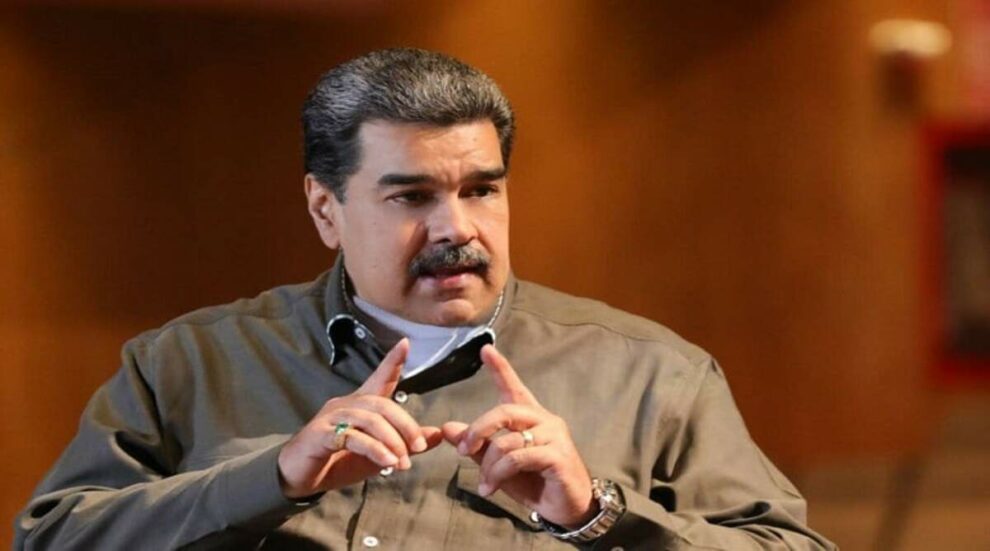Trinidad and Tobago, in a deepening diplomatic row with Caracas over US military activity in the Caribbean, was on Tuesday mulling a “mass deportation” of undocumented migrants — most of whom are Venezuelans — from its territory.
In a government memorandum seen by AFP, the twin-island nation’s homeland security minister ordered a halt to any planned releases of “illegal immigrants” in detention, saying “consideration is currently being given to the implementation of a mass deportation exercise.”
The nations are at loggerheads over US ally Trinidad hosting an American warship at a time Caracas accuses Washington of plotting President Nicolas Maduro’s ouster under the guise of a military anti-drug operation.
On Monday, Caracas claimed it had dismantled a CIA-financed cell plotting a false-flag attack targeting the USS Gravely, a guided-missile destroyer docked in Trinidad and Tobago — within firing distance of the Venezuelan mainland.
The ship’s arrival Sunday sparked outrage in Caracas, which called it a “provocation.”
It also deepened tensions with Trinidad and Tobago, whose Prime Minister Kamla Persad-Bissessar is a strong Maduro critic.
Maduro on Monday suspended a gas agreement with Trinidad and Tobago, accusing Persad-Bissessar of transforming her nation “into an aircraft carrier of the American empire.”
She rejected what she called Venezuelan “blackmail.”
Venezuela’s parliament on Tuesday declared Persad-Bissessar “persona non grata” in the country, a fate she had already dismissed, telling AFP earlier: “Why would they think I would want to go to Venezuela?”
Washington recently cleared Trinidad and Tobago to exploit the Dragon gas field in Venezuelan waters despite a US oil and gas embargo, deepening friction between the neighbors.
The Pentagon has in recent weeks deployed seven warships to the Caribbean and one to the Gulf of Mexico, ostensibly for anti-drug operations.
President Donald Trump has also announced the imminent arrival of the USS Ford, the world’s largest aircraft carrier, with an accompanying fleet.
Along with the naval buildup, Trump has also authorized CIA operations in Venezuela and has refused to rule out ground strikes.
Caracas and some observers believe the Trump administration is using the military to build pressure on the government of Maduro, whom Washington and much of the rest of the world does not recognize as Venezuela’s legitimate president.
Tensions rose further Monday as two US B-1B bombers flew over the Caribbean near Venezuela, the third such show of force in recent weeks.

Add Comment